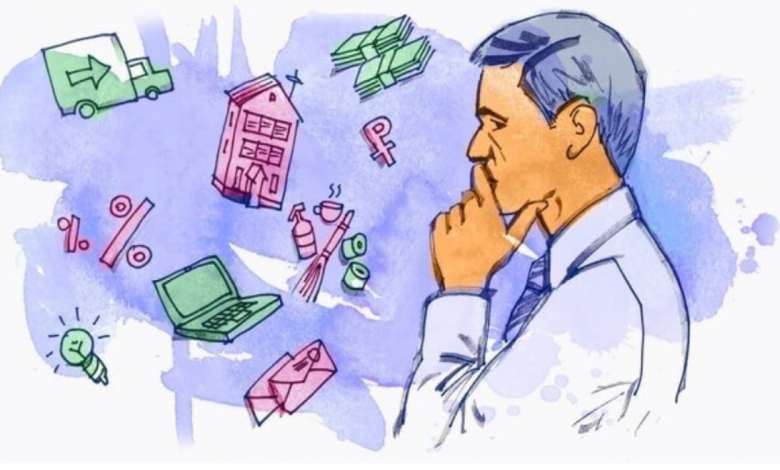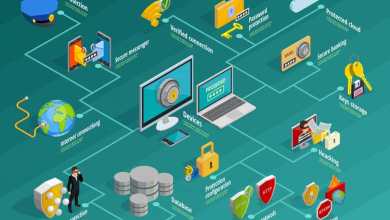Fixed costs: the meaning of this concept

In accounting terminology, there are 2 concepts known as variable and fixed costs (expenses). The first ones are proportional to the volume of production and change in accordance with the number of units of goods manufactured or sold, the second ones are fixed. It is about the latter, with explanations for online stores, that specialists representing bigcommerce development services talk about.
Definition
Fixed costs in accounting and economics are business expenses that remain unchanged regardless of the level of production or volume of services. They arise regularly, for example, monthly interest payments on loans, and rental payments. A feature of fixed costs is stability when the volume of production or sales changes.
The concept of «conditionally fixed expenses» is also used in accounting. This type of cost is present even during plant downtime. Their size may vary depending on the specific time period.
Types of fixed costs for business
The number and types of fixed costs depend on the specifics and scale of the enterprise’s activities. Let’s consider all the following options:
- Regular payments for rent of premises.
- Regular insurance premiums that do not depend on production volume.
- Employee wages are fixed costs for paying permanent employees. Usually it refers to management positions, since turnover in lower positions (general worker, salesperson, waiter) is much higher.
- Interest payments are fixed monthly payments on loans or credits.
- Tax obligations on real estate ownership.
- Regular expenses for equipment maintenance and repair.
- Asset depreciation is a systematic reduction in the value of equipment due to wear and tear or obsolescence.
- Energy costs — fixed costs for electricity, heating, and other resources.
- Costs for office services — regular payments for communication services, Internet and rental of office equipment.
- Regular payments for leasing equipment or vehicles.
For example, the fixed costs will be the rent of commercial space, utility bills and payment for banking services if an independent retailer uses a terminal. The entrepreneur bears these costs regardless of how many goods are sold.
Fixed costs for an online store
At first glance, an online store has fewer fixed costs than a physical retail outlet.

However, they still exist and they include the following options:
- Hosting rental — regular monthly expenses for renting server space to host a website and data.
- Salaries and deductions are the costs of paying employees, including taxes and fees.
- Electricity payments are the costs of energy consumption required to operate servers and office equipment.
- Internet — regular payments for connecting to the Internet to ensure the functioning of the store.
- Rent office space if the store has a physical office.
- Purchase of goods or raw materials – costs of purchasing goods for sale through an online store, which are inevitable and regular.
- Advertising budgets are part of marketing expenses, in particular ongoing contextual advertising campaigns.
- Related services — technical support, accounting services and other outsourcing services.
- Website maintenance — costs for maintenance, updating and maintaining the functionality of the online store.
- Renting a warehouse for storing products.
Fixed and variable costs associated with the creation and provision of goods or services form the cost of the product.






One Comment